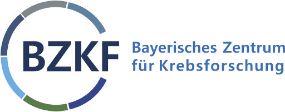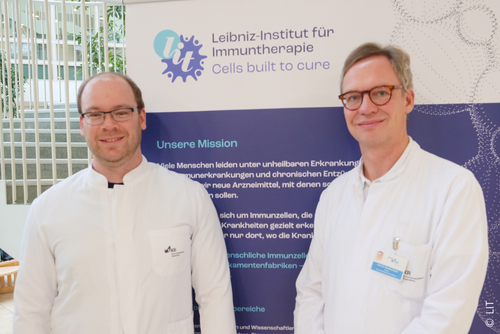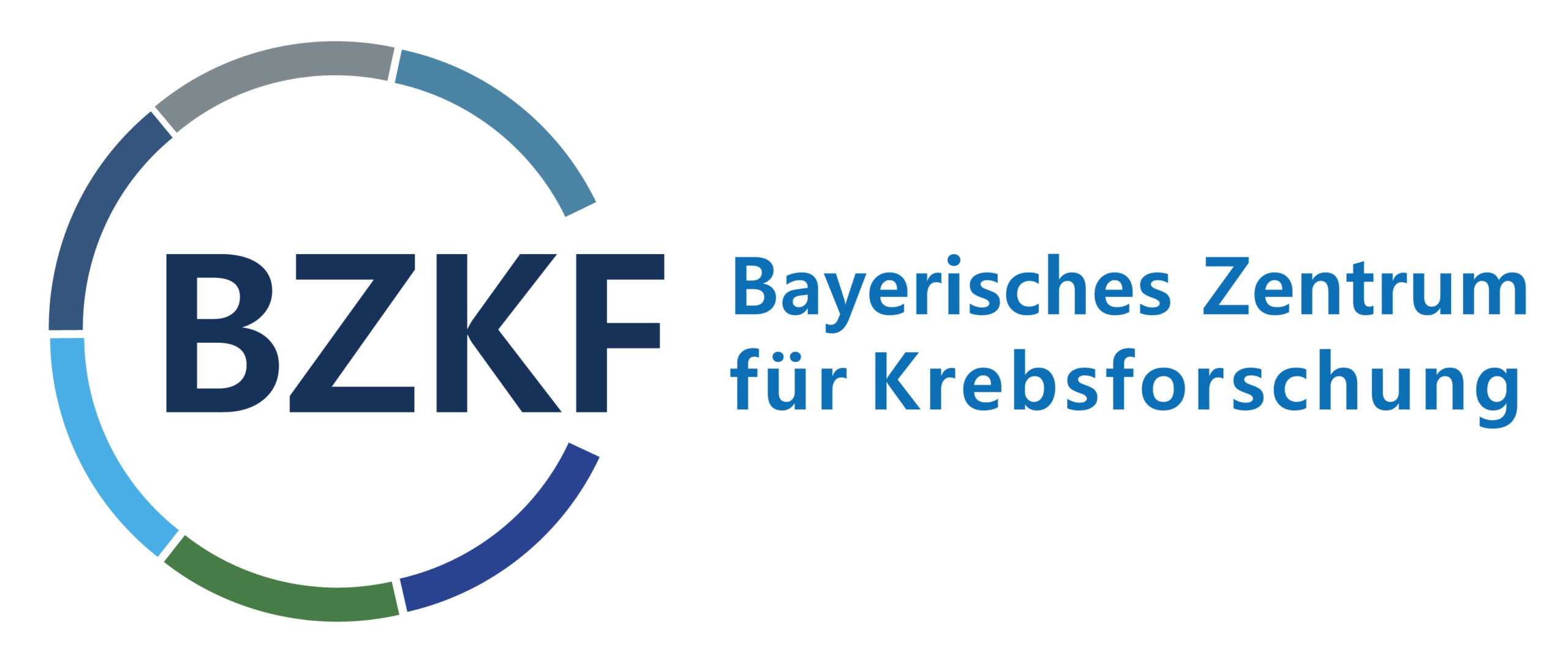Intestinal regeneration after cancer therapy
Immune cells transform inflammatory signals into repair processes
Regulatory T cells (Tregs), a subset of immune cells, are normally thought of as "peacekeepers" that prevent the immune system from overreacting. Surprisingly, a new study published in "Signal Transduction and Targeted Therapy" shows that Tregs use inflammatory signals to initiate repair processes after cancer therapy. The study, conducted by the LIT collaborative group "Innate Immune Stimulation in Cancer and Transplantation" with the Department of Radiation Oncology and Radiotherapy at the Technical University of Munich (TUM), shows how the body's own immune system can be used to regenerate the intestinal mucosa and improve survival.
Until now, inflammation in the intestine was primarily considered harmful. "Now we have seen that under certain conditions the immune system uses inflammatory signals to initiate healing processes," says Prof. Hendrik Poeck, Managing Senior Physician at the Department of Internal Medicine III at the University Hospital Regensburg (UKR) and head of the LIT cooperation group, summarizing the results. "These findings could have important clinical implications for many patients whose intestines are damaged as a result of cancer treatment," explains first and corresponding author Dr. Julius Fischer, research group leader and radiotherapist at the TUM School of Medicine and Health at TUM Hospital.
Two molecules IFNγ and IL-10 with a combined effect on intestinal stem cells
PhD student and first author Sascha Göttert from the Department of Internal Medicine III at the UKR discovered that in both mouse models and patient samples, Tregs produce two inflammation-associated molecules that together stimulate intestinal stem cells: "We found that interferon-gamma (IFNγ) and interleukin-10 (IL-10) work together to influence these natural repair units of the intestine," explains Göttert. While IFNγ alone triggers rapid cell growth but depletes the pool of intestinal stem cells, and IL-10 alone provides only weak support, together they provide a strong and long-lasting repair signal. This combination supports both rapid healing and long-term regeneration of the intestine after immune and radiation-induced damage following stem cell transplantation or abdominal radiation.
Important interaction between intestinal stem cells and Tregs to protect the intestine
Patients who receive intensive cancer treatments such as radiotherapy or stem cell transplants often suffer from severe damage to the intestinal mucosa. "This not only causes painful inflammation and complications from infections, but also worsens clinical outcomes in the long term," says Dr. Julius Fischer. As the results of the study show, the body's own immune system repair program appears to protect the intestine during cancer therapy: "This study highlights the interaction of intestinal stem cells with Tregs, which release immune signaling molecules as a kind of master repair cell and thus regenerate damaged tissue," states Prof. Hendrik Poeck. Understanding these processes opens up new therapeutic approaches to promote intestinal repair.
Treatments that repair tissue could improve the success of cancer therapies
Only recently, a study by Poeck's team in Nature Communications showed that intestinal bacteria or a specific metabolic product can also strengthen intestinal stem cells to prevent tissue damage following transplantation. Both studies together mark an important translational advance in the treatment of severe side effects of cancer and transplantation therapies - on the one hand through the targeted use of genetically engineered immune cells that produce specific immune molecules, and on the other hand through microbiota preparations or nutritional strategies. Under the leadership of scientists from the UKR and LIT, both approaches are currently being further developed as part of the network of the National Center for Tumor Diseases (NCT) for early phase studies. The target group are patients undergoing transplantation or CART cell therapy for blood cancers.
Picture: Sascha Göttert (left) and Prof. Hendrik Poeck
About the Leibniz Institute for Immunotherapy (LIT)
The LIT is an institute within the Leibniz Association based in Regensburg, Germany. Our mission is to develop innovative therapies for the treatment of cancer, autoimmune diseases and chronic inflammation. By retraining immune cells using synthetic and pharmacological strategies, we develop cells that save lives.
For more information, please read the full publication in the journal "Signal
Transduction and Targeted Therapy":
Fischer, J. C., Göttert, S., Giller, M. et al. Tissue-adapted Tregs harness inflammatory signals
to promote intestinal repair from therapy-related injury. Signal Transduct. Target. Ther. 10,
384 (2025) https://doi.org/10.1038/s41392-025-02476-5
Scientific contact:
Prof. Dr. med. Hendrik Poeck
Head of the LIT Cooperation Group "Innate Immune Stimulation in Cancer and
Transplantations"
LIT - Leibniz Institute for Immunotherapy
c/o University Hospital Regensburg
Franz-Josef-Strauß-Allee 11
93053 Regensburg
Phone: +49 941 944-5542
Email: hendrik.poeck@klinik.uni-regensburg.de
Managing Senior Physician
Leukemia, Stem Cell Transplantation and Immunotherapy
Clinic and Polyclinic for Internal Medicine III (Hematology and Oncology)
University Hospital Regensburg
Dr. med. sci. Julius C. Fischer
Clinical scientist and junior research group leader "RadioImmunoOncology"
RadioimmunoOncology working group
Clinic and Polyclinic for RadioOncology and Radiotherapy
TUM Clinic
Ismaninger Str. 22
81675 Munich
Phone: +49 89 4140 4501 (secretary)
E-mail: julius.fischer@tum.de


